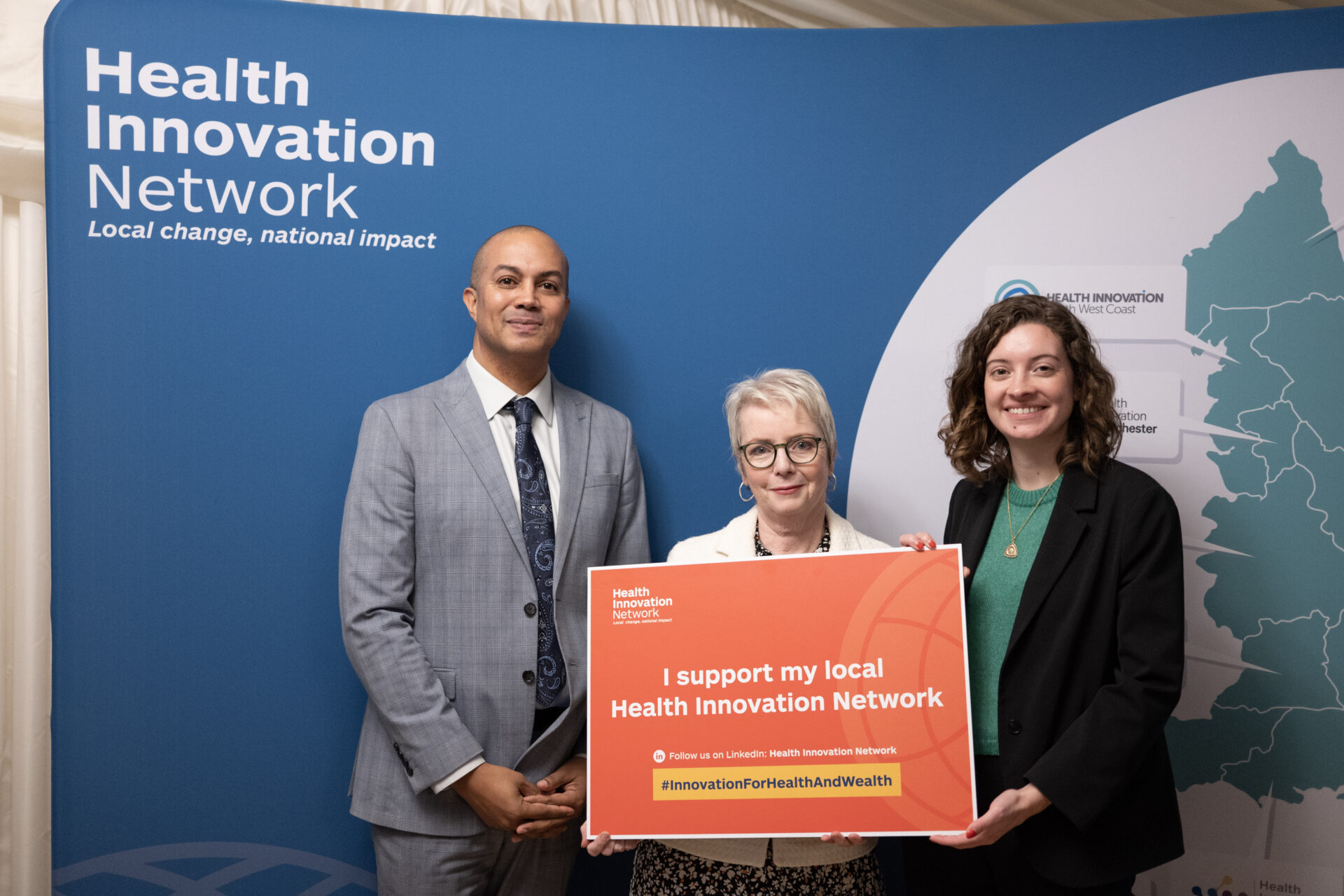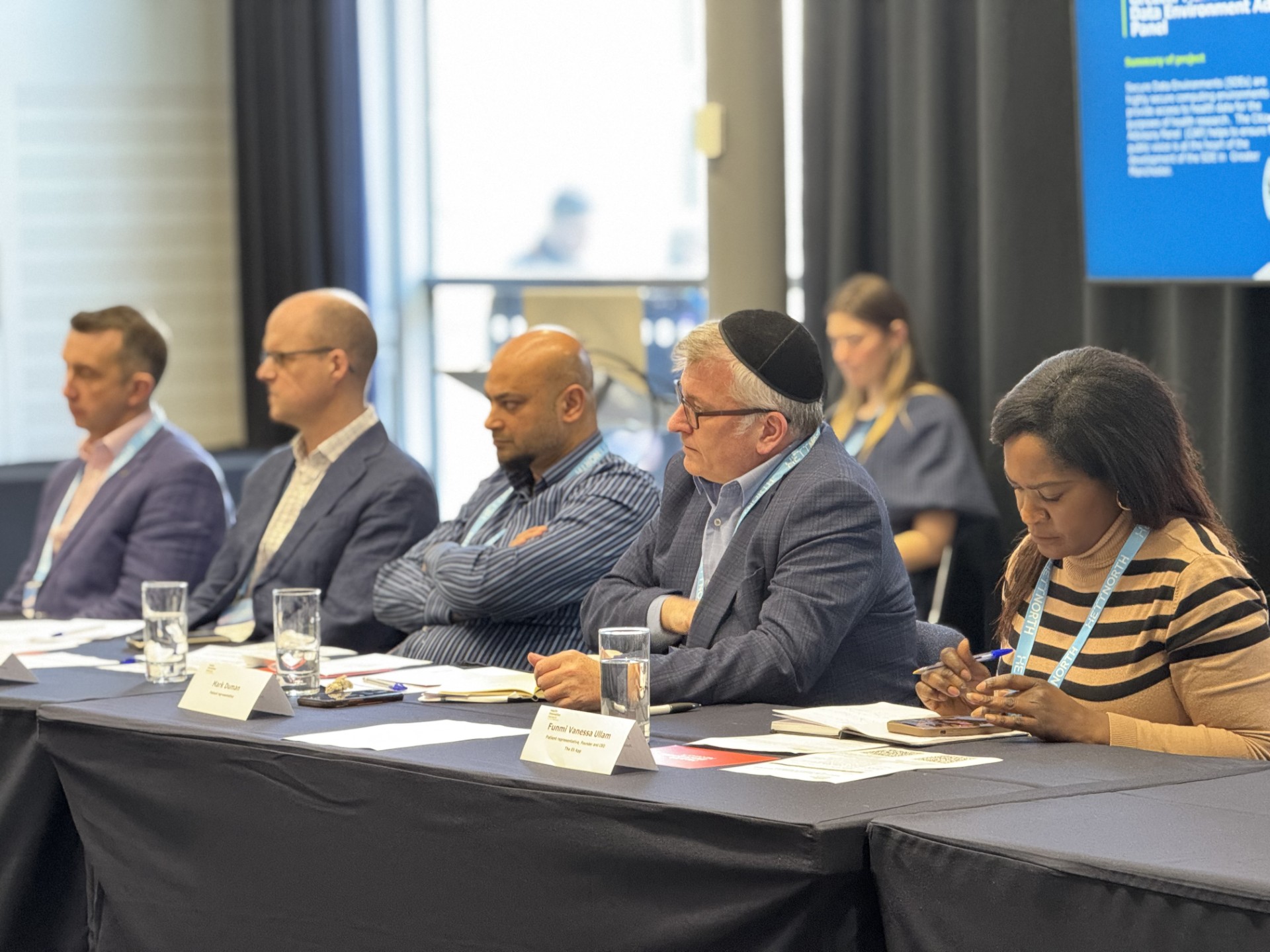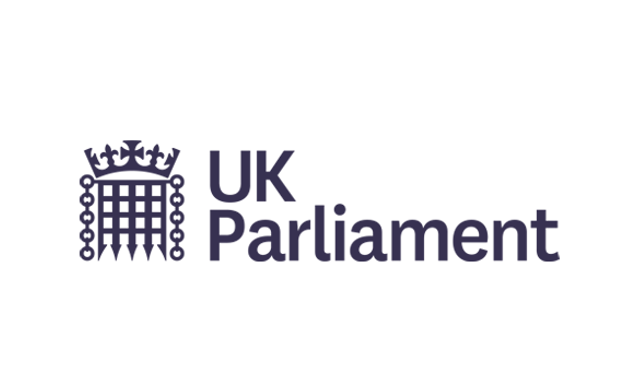The operational clinical lead for the PERIPrem programme, Dr Sarah Bates, has given evidence alongside a panel including Professor David Edwards, Professor of Paediatrics & Neonatal Medicine at Kings College London and Professor Chris Gale, Professor of Neonatal Medicine at Imperial College London, to the House of Lords Preterm Birth Committee.
The Committee was appointed by the Government in January to consider the prevention and consequences of preterm birth in England. It is chaired by Lord Patel and their report will be published by 30 November 2024.
The Government has set an ambition to reduce the preterm birth rate to 6% of live births by 2025. Preterm birth – when a baby is born before 37 weeks of pregnancy – is the single biggest cause of neonatal mortality and morbidity in the UK. Just under 8% of live births are preterm each year. There are a wide range of risk factors associated with preterm birth but in many cases the cause is unknown.
This inquiry is examining how preterm births can be prevented and how the adverse consequences of preterm birth for mothers, babies and families can be reduced. It will assess whether current Government policy is adequate and how to close the gap in outcomes among women and babies from different backgrounds.
Dr Sarah Bates, Consultant Paediatrician and Neonatologist at Great Western Hospital in Swindon, attended a session of the select committee on Monday 26 February to examine how neonatal care can improve outcomes for babies born too soon.
Along with her fellow panellists, Dr Bates shared insights and evidence on the higher risks of brain injury and premature mortality for premature babies. The Committee heard that preterm babies age prematurely: suffer increased risk of psychiatric problems, cardiovascular problems, and their chances of high blood pressure are doubled; there is a 10% increase in gastrointestinal problems; 10% increase in diabetes; and a significant increase in asthma.
The Committee also heard that over two-thirds of the infant mortality rate is related to prematurity, with 41% of all child deaths occurring in the neonatal period and 46% of all deaths before the age of 10 being attributable to preterm birth.
Professor Gale highlighted that brain injury is a major problem with around 1,000 babies being affected by preterm brain injuries every year, and that preterm babies have a nine times increased risk of cerebral palsy.
In response to a question about how good quality neonatal care can reduce these problems, the panel explained that how putting individual, low-cost interventions, such as delayed cord clamping and antenatal steroids, together into an optimisation care pathway is a powerful way of not just altering survival significantly but also of altering that long term trajectory.
Dr Bates drew on her insight and experience as the National Quality Lead for Perinatal Medicine for the British Association of Perinatal Medicine (BAPM), and her role as Operational Clinical Lead for the PERIPrem programme, one such care bundle, in the South West of England.
PERIPrem stands for ‘Perinatal Excellence to Reduce Injury in Premature Birth’ and is a bundle of 11 interventions launched in 2020 across the South West region that have a significant impact on brain injury and mortality rates in babies born preterm.
PERIPrem was co-produced by Health Innovation West of England and Health Innovation South West, working in partnership with the South West Neonatal Operational Delivery Network.
Since the introduction of PERIPrem, the South West now has the lowest rates of severe brain injury and mortality rates for infants in England. Through an independent evaluation conducted by Health Innovation South West, implementation of PERIPrem in the region has also been shown to forge new ways of working, bringing together clinicians from obstetrics, midwifery and neonatal to drive forward and transform care for preterm babies and their families. Read more about the implementation of PERIPrem in this blog by Dr Hayley McBain, Evaluation Lead at Health Innovation South West.
The Preterm Birth Committee were keen to hear from Dr Bates on how the PERIPrem care bundle can reduce the impact of complications for babies born too early and how we can ensure appropriate guidance is applied at every opportunity.
Dr Bates explained to the Committee:
“When you put core interventions together in an optimisation care pathway, so place of birth, well-timed antenatal steroids, magnesium to reduce the risk of cerebral palsy, delayed cord clamping, keeping a baby warm and offering them early maternal breast milk, with some other interventions after that, this is a really powerful way of not just altering survival significantly, but altering that long-term trajectory.
“That is a very cost-saving endeavour for a country because neonatal illnesses are by far the leading cause of life years burdened by disability. So if we can put these very simple and low cost interventions in at the time of a preterm birth, we will make an enormous difference.”
Watch the recording of the full evidence session here.
The Health Innovation Network supports the delivery of NHS England’s Maternity and Neonatal Safety Improvement Programme (MatNeoSIP), as part of the National Patient Safety Improvement Programme, through its 15 regional Patient Safety Collaboratives (PSCs). This includes a universal offer to all maternity and neonatal units in England to support them with the adoption of nine of the optimisation bundle elements. This programme has been supported by the health innovation networks for three years.
The latest update to NHS England’s ‘Saving Babies’ Lives Care Bundle’ now encourages all maternity care providers to draw on the learning of PERIPrem to aid the optimisation of perinatal care (element five).
As part of an enhanced offer, three further health innovation networks will be supporting their local maternity and neonatal systems to implement PERIPrem: East Midlands, West Midlands, and North East North Cumbria. This is in response to targeting increased interventions in areas with both high levels of deprivation and neonatal mortality rates.
Dr Sarah Bates is also the advisory lead to the Welsh Government for PERIPrem Cymru, supporting the current rollout of the care bundle across NHS Wales.
Find out more about PERIPrem here.
The House of Lords Preterm Birth Committee has launched a public call for evidence. The deadline for submitting written evidence is Wednesday 27 March 2024. Find out more here.

The Health Innovation Network is delighted to announce the launch of Innovation Insights, a brand-new webinar series designed to highlight the latest in health innovation, offering attendees valuable insights into the adoption and spread of innovation within the health and care landscape. Each interactive webinar will feature: Expert presentations: Delivered by thought leaders across [...]

The Health Innovation Network, at an event sponsored by Sarah Coombes MP, brought together parliamentarians including Health Minister Karin Smyth MP and Chair of the Science, Innovation and Technology Committee, Chi Onwurah MP to meet with six innovators supported by health innovation networks across the country and their NHS partners. At the Meet the Innovators: [...]

The need for fast-paced innovation in healthcare is widely acknowledged. And ensuring that healthcare innovation is shaped by the people it serves remains a pressing priority – one made all the more evident by the growing emphasis on health equity in the 10 Year Health Plan. Patient voices are often cited as central to healthcare [...]






